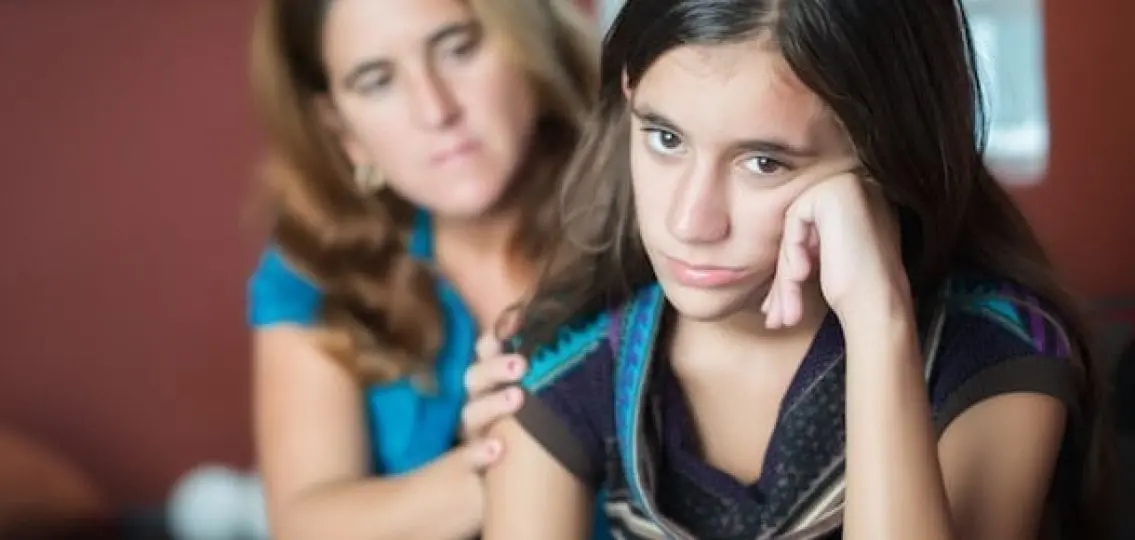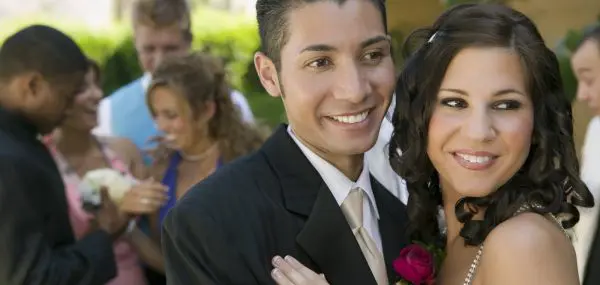Dear Your Teen:
Our teenager just came out to us. Can you give us some advice about the best way to handle all this? We love her and completely accept this news, but are just wondering what, if anything, to do next? And how to best support our daughter?
EXPERT | Anne Dohrenwend, Ph.D.
The U.S. is transforming into a welcoming place for LGBTQ teens. There is growing support for gay marriage, adoption rights, and employment protection. Openly gay men and women are serving in the military. State law is changing to reflect equal rights for all. Everywhere you look there are LGBTQ role-models, including in sports, politics, and entertainment. These role models suggest that life is better when you’re out and proud.
As a result of all this, LGBTQ teens today are likely to believe that the American dream is their dream. They imagine a future ripe with possibilities, including, if desired, a career, a spouse, and children of their own. That said, there are still some places where homosexuality is considered unacceptable. And there are some people who continue to think of homosexuality as abnormal or immoral. How do you protect your LGBTQ child from influences that might sabotage healthy development?
Supporting Your LGBTQ Teen
Never underestimate the power of your love and support. You are the most important adult in your child’s life. Teens with supportive parents have a lower risk of substance abuse, mood disorder, and truancy. In fact, the support of parents can even lessen the psychological effects of bullying. Social groups can also provide a buffer between a gay child and homophobia. There are many organizations that offer support.
Organizations that offer LGBT Youth Support
- Gay-Straight Alliance (gsanetwork.org) is a school-based, peer organization comprised of kids of all sexual orientations, including heterosexuals, who spread the word throughout the school that harassment of gay and gender non-conforming students is not cool. If your teen’s school doesn’t have a Gay-Straight Alliance, ask the administration what they can do to support the creation of one.
- GLSEN (glsen.org) offers assistance in combating bullying as well.
- P-Flag (pflag.org) offers support at the family level.
- The Human Rights Campaign is a large, national organization working to achieve equality for LGBTQ people.
Someone in your family might have a hard time accepting your teen’s sexual orientation. Maybe you are struggling with this yourself. Keep in mind that sexual orientation is not alterable. Over the years, LGBTQs have been subjected to all sorts of efforts aimed at changing sexual orientation. There’s been adverse conditioning, cognitive therapy, behavioral therapy, and spiritual therapy (“praying the gay away”).
The American Psychological Association (APA) conducted a two-year review of these and other sexual orientation change efforts (SOCEs). They concluded that these therapies do not work. Furthermore, the APA found that SOCEs produced harmful effects on self-esteem and mood. Instead of regretting, fearing, or trying to change your child’s sexual orientation, try to understand it. By doing so, you will build the bridge that connects you to your child as they launch into adulthood.
The average age for coming out is around 16 and 17. If your child comes out to you, here’s a suggestion. Respond with, “I love you and thanks for telling me.” (Avoid “I love you anyway,” which implies love despite disappointment.) If you don’t know much about LGBTQ issues, ask your them to teach you or offer an invitation to learn together. Whatever you do, don’t withhold your love and support. When coming out is a shared journey, family ties strengthen.




